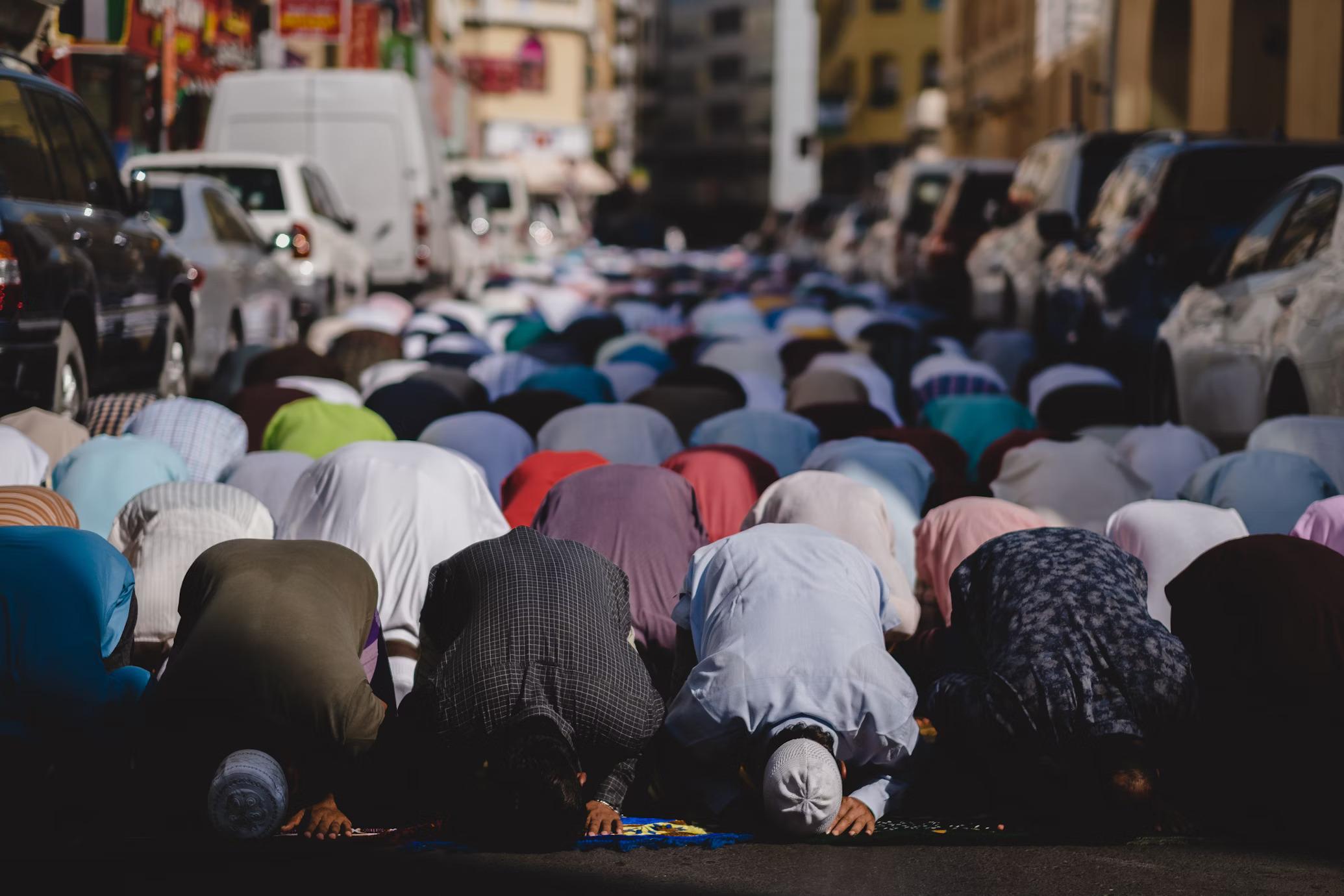
22 February, 2025
Salah, or Muslim prayer, is one of the five pillars of Islam and an essential act of worship.
It is performed five times a day and serves as a direct connection between Muslims and Allah (God).
Through Salah, Muslims maintain discipline, seek spiritual guidance, and strengthen their faith. This article explains the importance of Salah, its benefits, and offers practical tips on how to perform it according to Islamic teachings.
Salah is more than just a ritual; it is a fundamental obligation for every Muslim. It was prescribed by Allah and emphasized in the teachings of Prophet Muhammad (PBUH). The prayer helps Muslims remain mindful of their faith, purify their hearts, and find peace in their daily lives.
-
Connection with Allah: Salah provides direct communication with the Creator.
-
Daily Reminder of Faith: It keeps Muslims spiritually conscious and dedicated.
-
Purification of the Soul: It washes away sins and strengthens moral character.
-
Structured Discipline: Praying on time promotes responsibility and organization.
Contact Us for our course: START LEARNING ISLAMIC WITH ITQAN Academy
Praying regularly brings countless spiritual, mental, and physical benefits.
1. Spiritual Benefits
-
Strengthens faith and deepens one’s connection with Allah.
-
Increases patience, gratitude, and humility.
-
Protects against negative thoughts and behaviors.
-
Reduces stress and anxiety by providing peace and tranquility.
-
Enhances focus and mindfulness through structured worship.
-
Instills self-discipline and a positive mindset.
Read About: Benefits of Sawm in Islam
-
Improves posture, flexibility, and blood circulation.
-
The movements (bowing, prostration) act as a form of light exercise.
-
Helps regulate daily routines and promotes overall well-being.
If you are new to praying Salah, follow these simple steps:
-
Make Intention (Niyyah): Before praying, set the intention in your heart.
-
Perform Wudu (Ablution): Purify yourself by washing your hands, face, and feet.
-
Face the Qiblah: Stand in the direction of the Kaaba in Mecca.
-
Begin Salah:
-
Start with Takbir (“Allahu Akbar” – Allah is the Greatest).
-
Recite Surah Al-Fatihah (the opening chapter of the Quran).
-
Perform Ruku’ (Bowing) and then Sujood (Prostration).
-
Complete the prayer with Tashahhud and Salam.
-
The Sunnah refers to the way Prophet Muhammad (PBUH) performed Salah. Following his method ensures that prayers are done correctly and sincerely.
-
Pray with Full Concentration (Khushoo'): Avoid distractions and focus on Allah.
-
Recite Duas After Salah: Say supplications for forgiveness and guidance.
-
Follow the Correct Prayer Timings: Perform prayers at their designated times.
-
Avoid Common Mistakes: Ensure proper recitation, posture, and intention.
Q: How many times do Muslims pray daily?
A: Muslims pray five times a day: Fajr, Dhuhr, Asr, Maghrib, and Isha.
Q: What is the purpose of Salah?
A: Salah is a way to connect with Allah, seek guidance, and maintain spiritual discipline.
Q: Can anyone perform Salah?
A: Yes, but Muslims must follow specific rituals such as ablution and proper recitation.
Q: Is Salah the same as Dua?
A: No, Salah is a structured act of worship, while Dua is personal supplication.
Salah is the foundation of a Muslim’s faith and a powerful tool for spiritual growth, self-discipline, and mental peace. Whether you are a beginner or seeking to improve your prayer, embracing the importance of Salah will bring you closer to Allah and strengthen your connection with Islam. Make Salah a daily habit and experience its transformative benefits in your life.

